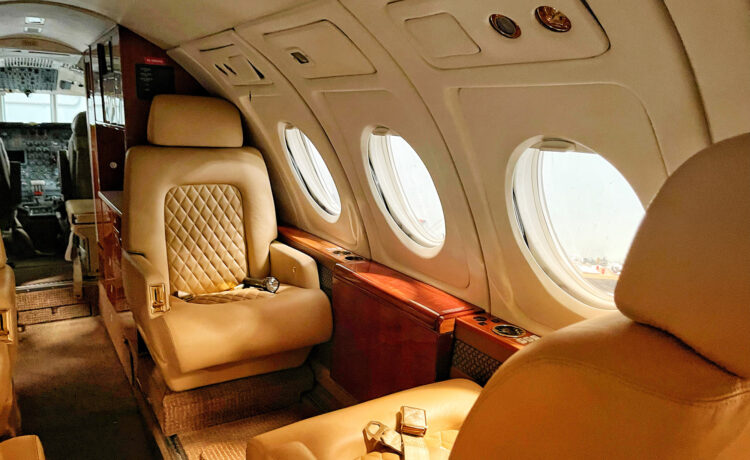In the ever-evolving tapestry of global travel, a noticeable pattern has emerged, signaling a shift towards more exclusive, personalized experiences. This trend is strikingly evident in the growing preference for private flights, particularly between destinations like Palm Beach, Florida, and the island haven of Antigua in the Caribbean. This movement isn’t merely about luxury for its own sake but reflects a deeper change in traveler priorities, including privacy, health, and bespoke service.
The journey between Palm Beach and Antigua has traditionally been a pathway tread by tourists seeking a blend of luxury and tropical escape. However, the recent shift towards private aviation on this route is a response to a complex mix of contemporary needs. In the post-pandemic landscape, health and safety concerns significantly influence travel decisions. Private flights offer an environment where these concerns are assuaged, providing a more controlled and less crowded travel experience.
But the appeal of chartering a private jet goes beyond safety. There’s an undeniable allure in avoiding the common hassles of traditional air travel. For the modern affluent traveler, time is invaluable. They seek efficiency, flexibility, and comfort — all of which are at the core of the private flight experience. The ability to set personalized schedules, the ease of skipping prolonged security lines, and the elimination of unexpected delays or layovers speak to the need for a seamless travel experience, from one’s doorstep in Palm Beach to the final seaside destination in Antigua.
Economically, Antigua stands to benefit from the rise in high-net-worth individuals traveling via private aircraft. These visitors often spend significantly within the local economy, particularly on hospitality services, leisure activities, and luxury accommodations. This mode of tourism aligns with a sustainable approach, favoring quality over quantity, which could potentially lead to more considerable economic benefits without overstraining local resources.
However, the responsibility accompanying this boon is significant. There are environmental implications to consider, given the per-passenger carbon footprint of private air travel. Balancing these economic and environmental factors requires a concerted effort from private charter companies, regulatory agencies, and local authorities. Initiatives could include investing in more fuel-efficient aircraft, implementing carbon offset programs, or enforcing environmental policies that encourage sustainable practices within the industry.
Ultimately, the trajectory of private flights between Palm Beach and Antigua is emblematic of a broader shift in luxury travel. It underscores the emerging definition of luxury that goes beyond opulence to include elements of privacy, personalization, and swift, seamless journeys. For destinations like Antigua, the growing trend represents not just an economic opportunity but also a chance to redefine and possibly lead in a new era of sustainable, luxury travel.

